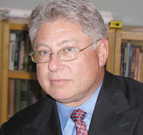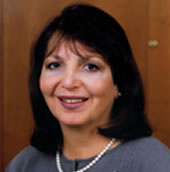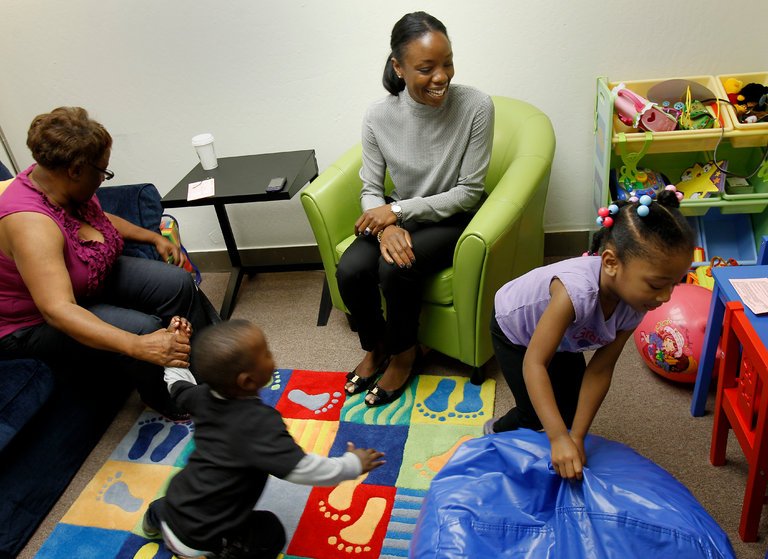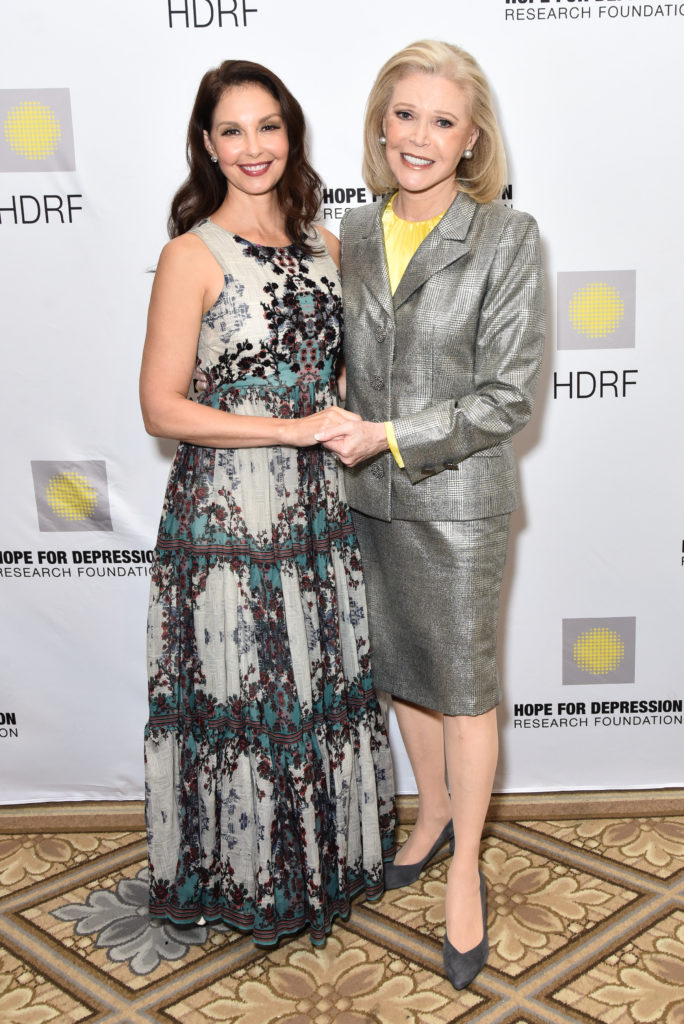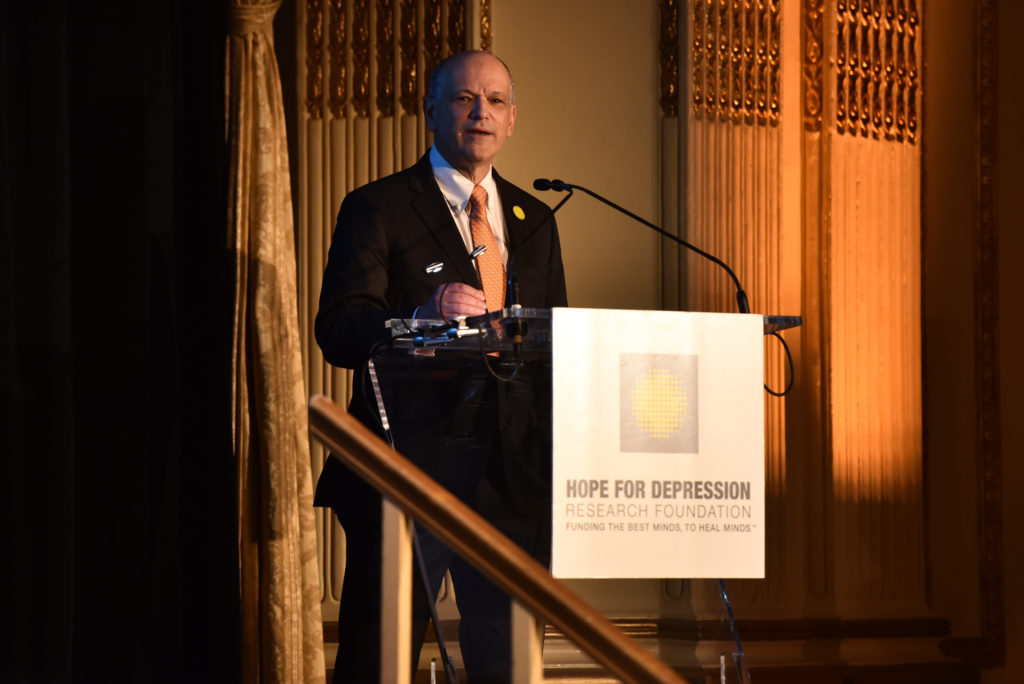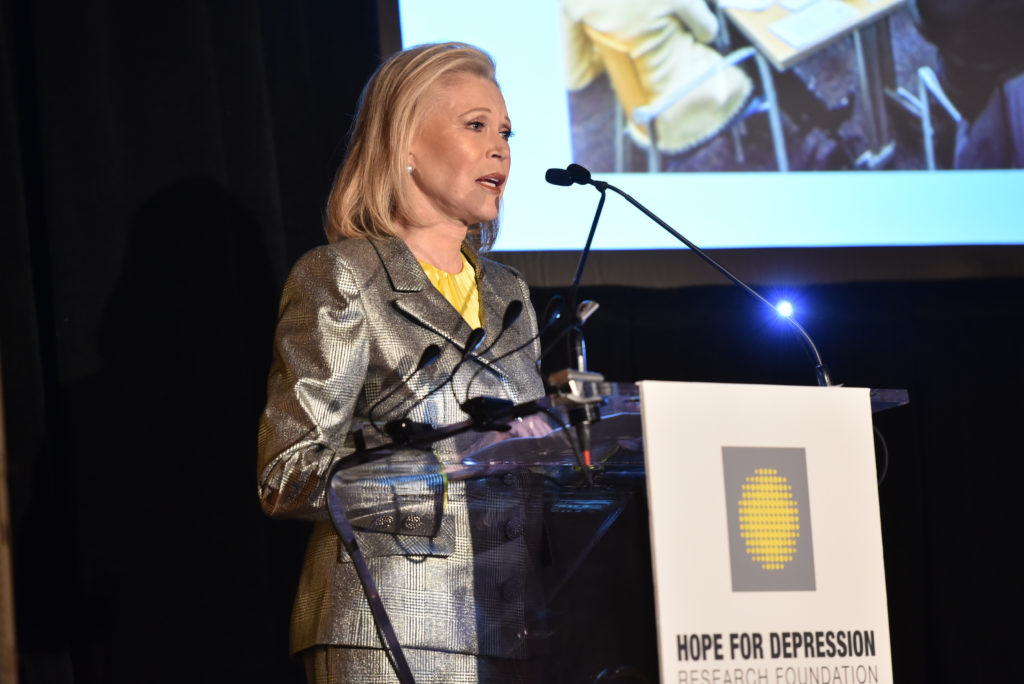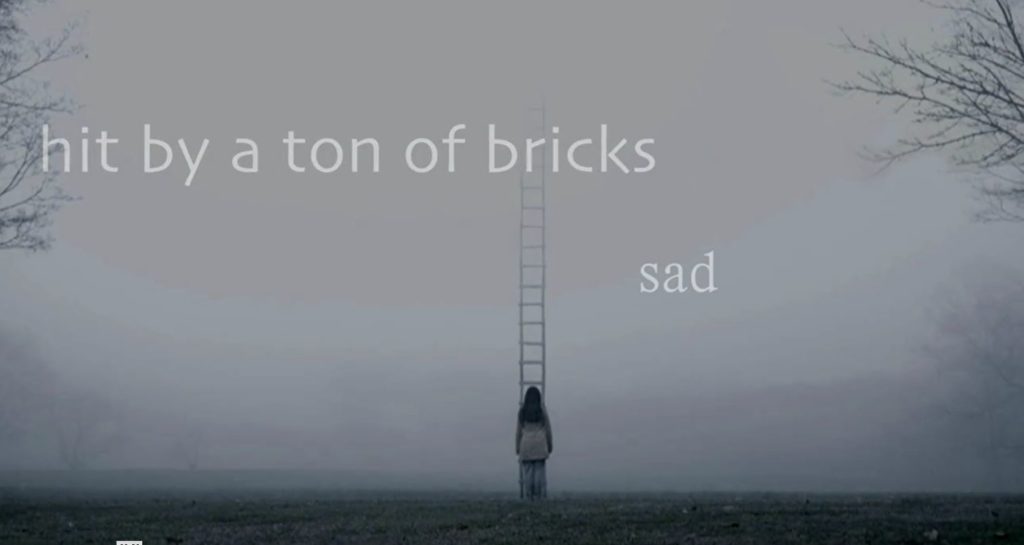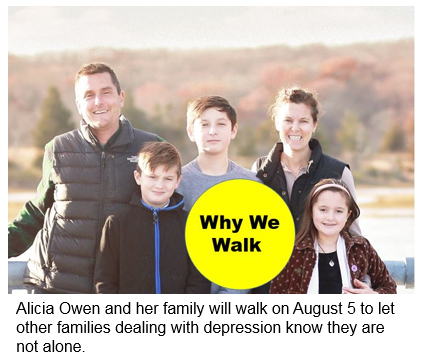Guest Bloggers
Treating the Lifelong Harm of Childhood Trauma,
March 2, 2018
|
Enhance Your Mental Wellness,
March 2, 2018
Three Ways to Enhance your Mental Wellness in the New Year
Did you know that neuroscience can enhance your emotional well-being?
We use this newsletter often to tell you what we know about depression. But the flip side of the coin is that research also teaches us a lot about mental wellness.
To kick off the New Year, we’re excited to announce a new e-newsletter series dedicated to your wellness. We’ll share with you the latest information about how positive life changes can lead to positive brain changes.
In the spirit of health and happiness for 2018, here are three ways* you can keep your brain healthy in the new year:
1) Regular Exercise
Just 15 minutes of exercise changes the electrical activity in your brain’s mood centers. Regular exercise makes your brain stronger and more resilient to stress by increasing nerve growth factors.
2) Better Sleep
Sleep cleanses your brain and enhances its function. Most people need about eight hours. Create a routine to wind down before going to bed; make your bedroom a work-free haven. No TV or computer screens!
3) Practicing Gratitude
Gratitude is scientifically proven to reduce anxiety, improve sleep, and increase the brain’s production of serotonin – an important neurostransmitter. Regardless of your life’s circumstances, the gratitude circuit in your brain can be strengthened. Make gratitude a daily part of your routine by taking a few minutes each day to write down three things you are grateful for.
We’ll start by saying we are grateful for you!
We appreciate your care and interest in the Hope for Depression Research Foundation. With your support, we’ll continue to make great progress in research in the year ahead.
Hope Luncheon Seminar 2017 Was a Great Success!,
November 16, 2017
We want to send heartfelt thanks to the over 300 supporters of our Eleventh Annual HOPE Luncheon Seminar on Wednesday, November 8th. The sold-out event raised over $800,000 for HDRF’s research and received fantastic coverage, including People, the Daily News and Page Six.
Brief Highlights:
Actress and Author Ashley Judd accepted the HOPE Award with a heartfelt speech about her recovery from major depression and her work for women and children around the globe.
World-renowned brain scientist Dr. Eric Nestler spoke on the “Genetics of Depression” and the latest findings of the HDRF Depression Task Force.
Founder & Chair Audrey Gruss announced the launch of the Hope fragrance collection, now available for purchase at Saks.com. 100% of net profits will go to advanced depression research.
You can purchase the Hope fragrance, body cream, and candle at select Saks stores and Saks.com.
Documentary Film
We unveiled a trailer for a feature-length documentary about depression that is currently in the making by a veteran team of filmmakers. Click here to view the trailer.
We would like to thank the incomparable Chuck Scarborough for being our Master of Ceremonies, and all the HOPE Luncheon Co-Chairs who helped create this huge success: Ann Barish, Serena McKnight Bowman, Caroline Dean, Peter Gregory, Kim Heirston, Tania Higgins, Margo Langenberg, Kitty McKnight, Peter S. Paine III, and Patricia Rosenwald.
We’ve loved hearing your feedback! Here are the comments you sent us!
“Simply the best!”
“Informative and moving all at the same time. Bravo!”
“Easy to understand and loaded with information.”
“Beautifully organized and paced!”
“Ashley Judd’s story was riveting and moving.”
“Thanks to you this world will be a more optimistic and positive place.”
Thanks also to our top donors:
Doctorate Sponsors: Eric Javits Inc., Nancy Silverman
Founder Sponsors: Debra & Leon Black
Benefactor Sponsors: Ann & Keith Barish, EGL Charitable Foundation, The Estee Lauder Companies, William Flaherty, Susan & Craig McCaw, Vera Serrano
Patron Sponsors: The Abraham Fuchsberg Family Foundation, Bridge of Allen Foundation, Ide & David Dangoor, Caroline Dean, Edmund Dunst/HUB International North East, Exhale Spa, Findlay Galleries, Maru M. Hagerty, Tania Higgins, Michele & Howard Kessler, Kristen Maltese Krusen, Margo Langenberg, Leonard and Judy Lauder Fund, Susan Lloyd, Barbara Smith, Emilie Sullivan, Sunovion Pharmaceuticals, Inc.
Thank you all for a truly memorable day! To view more pictures from the event click here.
Ketamine, a New Hope for Depression?,
September 21, 2017
The August issue of Time Magazine features a cover story on depression and one of the latest developments in treatment: ketamine hydrochloride.
We’ve received many inquiries about the controversial new drug and want to share important perspectives from our research team.
What is Ketamine?
First, ketamine is an FDA-approved anesthetic for humans and is also a powerful sedative for horses. There is now growing evidence that the drug can cause a rapid antidepressant effect in many people with severe depression. It can also put an end to suicidal thoughts. For that reason many experts proclaim ketamine as a much-needed breakthrough in depression treatment. Ketamine is fast-acting – an undeniable advantage over current medications — and represents a brand new category of drug that works where existing treatments fail.
However, HDRF Board member Dr. Steven Roose of Columbia University cautions that ketamine use for depression is not approved by the FDA and remains highly experimental. For one, the drug is a powerful hallucinogen that is illicitly used, and abused, as the psychedelic club drug “Special K.”
The pharmaceutical company Johnson & Johnson is currently conducting clinical trials on a nasal spray form of ketamine known as “esketamine.” However, until the trials prove successful, any use of ketamine is off-label. The clinics that deliver ketamine treatment are not regulated, and we do not know the long term effects of regular ketamine use.
HDRF Depression Task Force and Ketamine
Because of ketamines’s promise, and the need to better understand its risks, scientists on our Depression Task Force are studying the compound in the laboratory, along with other novel treatments. Their goal is to understand how ketamine affects key brain circuits and cells. Ultimately the research will help illuminate the molecular underpinnings of depression and the safest and most effective interventions for each individual.
Ketamine has also been featured prominently in our event seminars. Last fall, our Annual Luncheon Seminar focused on “The Search for New Depression Medications” with Yale Chief of Psychiatry Dr. John Krystal, a world-renowned expert on ketamine and its action in the brain.
To view his talk, please click here (his talk starts at 9:38): https://vimeo.com/209442359
In addition, our HOPE Luncheon Seminar in 2008 featured a discussion of ketamine by Dr. Dennis Charney, Dean of the School of Medicine at Mount Sinai. He is another world figure in ketamine research.
To view his talk, please click here: https://vimeo.com/216011405.
We hope you find this information useful as the media continues to shed light on new treatments for depression, including ketamine. Our goal is to share all the facts with you so that you can know the risks and benefits of any potential new treatment.
Why We Walk – The Owen Family,
July 28, 2017
Alicia Owen is a Special Ed teacher at Southampton Elementary School and a mother of three. She and her whole family will participate in the Walk of HOPE + 5K Run to Defeat Depression on Saturday, August 5 in Southampton.
They walk because after dealing with depression in their own home, they want to raise awareness in the local community.
“My husband’s side of the family has a history of anxiety and depression,” she said, “and we’ve noticed symptoms in our middle child, who is 13.”
She described it as a dark and scary time. Her son Will, athletic and full of life, became withdrawn, lost interest in sports, fell behind in school, and talked about harming himself.
Fortunately, they were able to find mental health care professionals who have really made a difference with a course of treatment that involves therapy and medication. Alicia and her husband are benefitting from treatment as well. “He’s a happy kid again, excelling in his passion for surfing” Alicia said. But her family is still on a mission.
“There needs to be more awareness in the schools and in the community,” she said. “Too many people are afraid to acknowledge depression publicly. If our story allows others to feel that they are not alone and gives them the strength to seek help, then we’ve done our job to help get the word out.”
We hope you will join Alicia Owen and her family at the Walk of HOPE + 5K Run to Defeat Depression on Saturday, August 5 in Southampton Village, NY. Walks starts at 9 AM. Rain or Shine!
Depression touches us all, and you can make a world of difference through your support.



